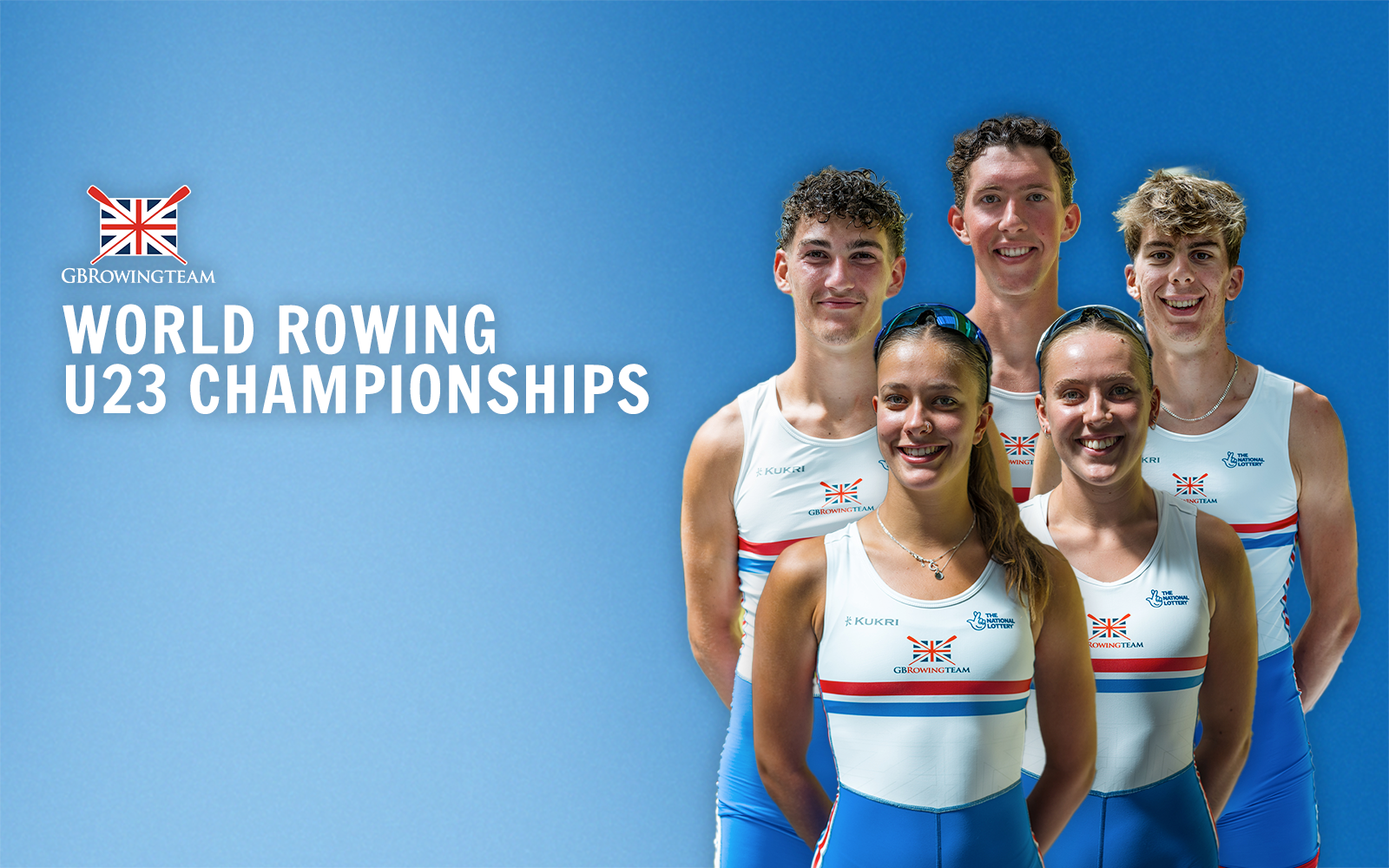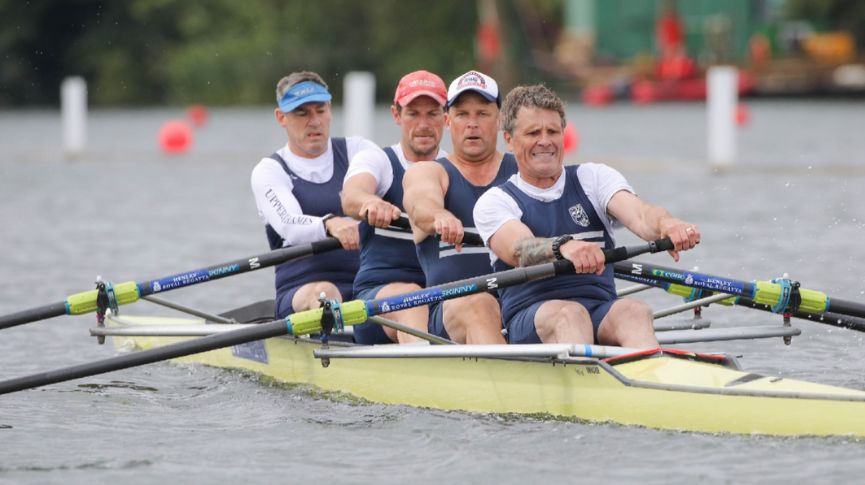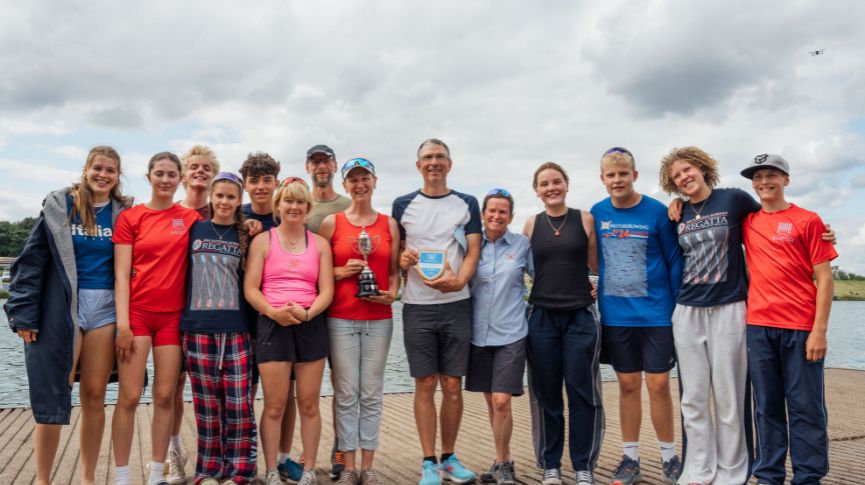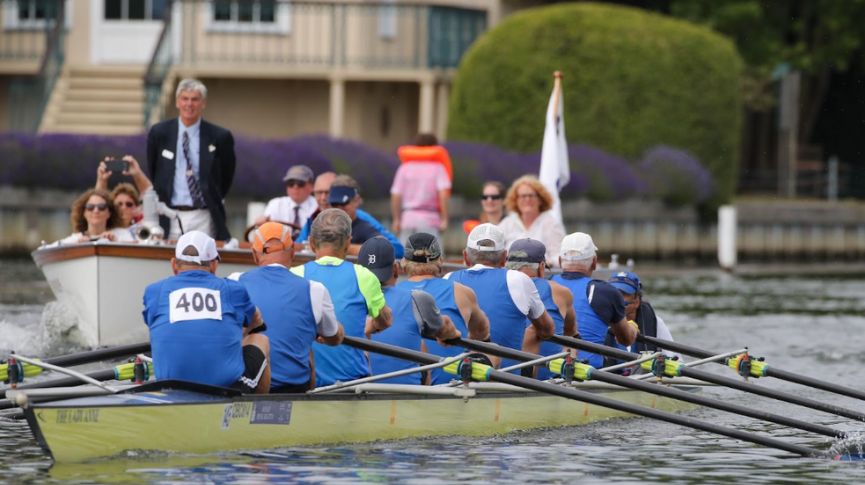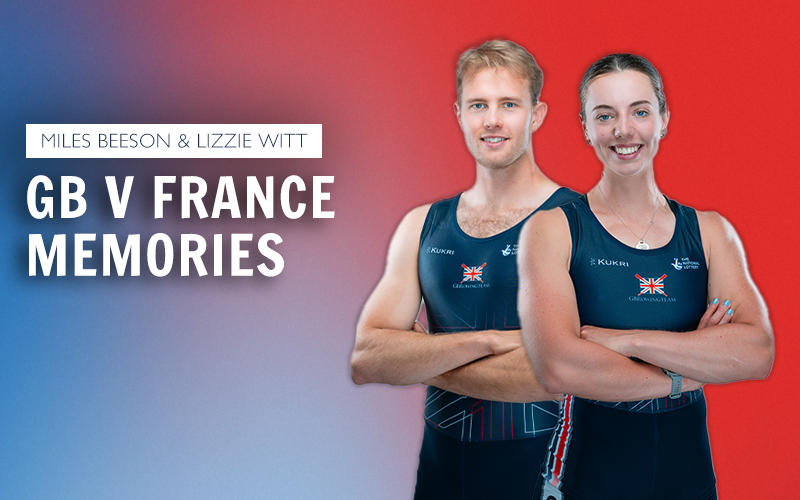Try coastal rowing with the South West Coastal Rowing League
If you want to put your rowing skills to the test, then why not head to Devon and race in the South West Coastal Rowing League?
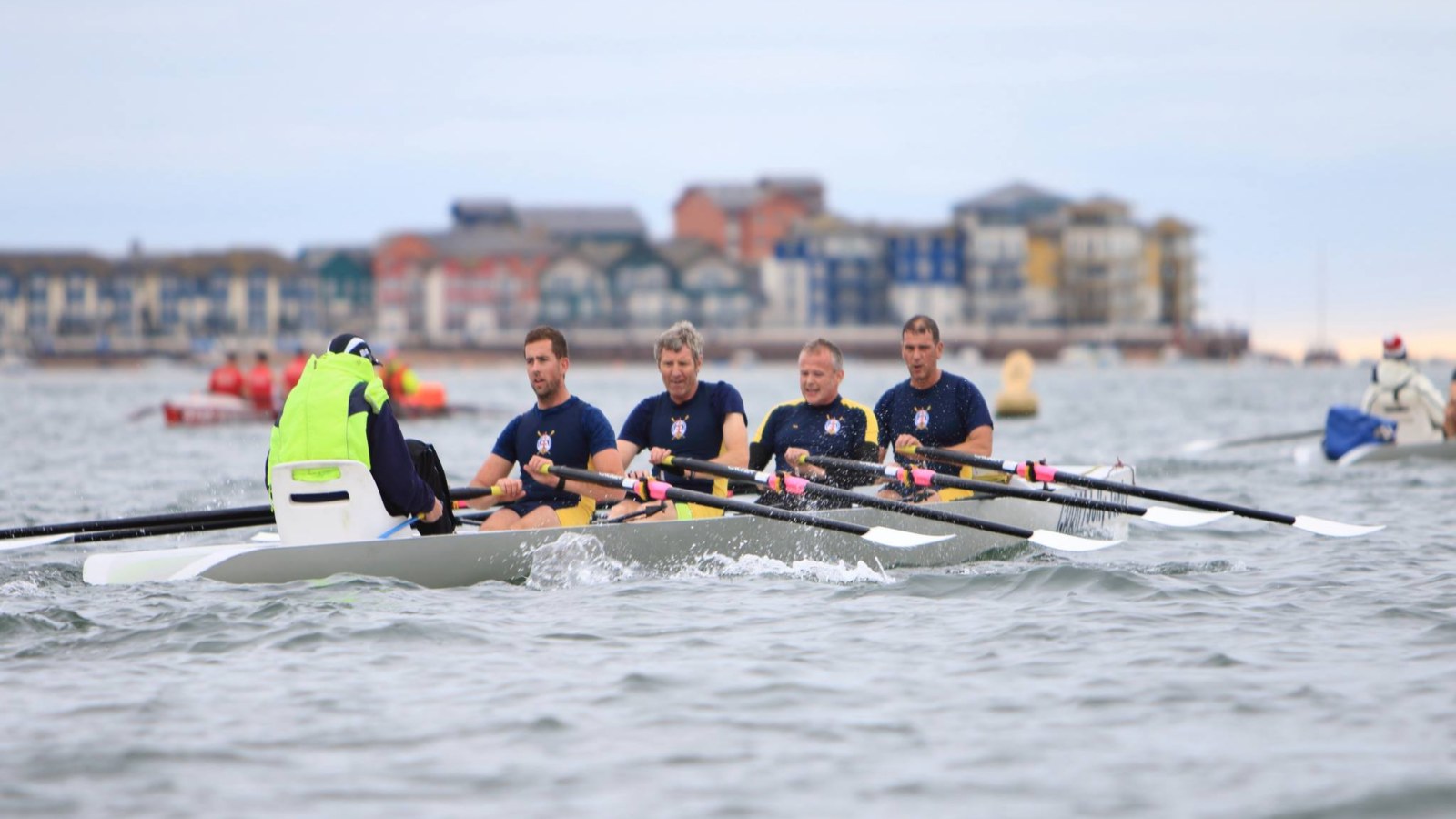
Racing in the South West Coastal League
Coastal racing demands skill, tenacity, slick teamwork and guts.
Once you’ve mastered the sculling, you’ll need to deal with buoy turns, and unpredictable conditions on the sea – imagine big swells coming at you from different directions. Welcome to the South West Coastal Rowing League!
All this drama is happening off the beautiful South Devon coastline, where Exmouth RC, Plymouth’s Mayflower Offshore RC, Teign Scullers RC and Torquay RC founded the league three years ago. Each club hosts an event in the spring and autumn series of the league, ensuring that the different locations provide fresh challenges for the crews.
So why take part in the South West Coastal League? Here are three good reasons.
1. The challenge
For the rower, the agility is important to get your boat running in the given condition. As a sculler, your reactions have to be quick, your left-hand over the right could suddenly become right over left.
You’re riding up a broadside wave with one oar in the air, the other in the water – that’s your connection so make that stroke count. Timing remains as important as ever. Even when a wave swamps the boat – you get back in sync as quickly as possible whilst your cox is desperately pumping the water out of the boat in one hand and the other on the rudder trying to keep that line and motivate the crew back to form.
Turning a buoy is an art: it can make or break the race. Take it too sharply and you stall the boat; take it too wide then you lose the gains you’ve just made.
2. Best names for events
Where else can you row in events called the Parson & Clerk Gallop, the Lead Weight 8 or the Muddle Rubble?
The Parson & Clerk Gallop comes from a location near Teignmouth while the Muddle Rubble is taken from a buoy on the Plymouth course. The Lead Weight 8 originates from the Teign Scullers. They use very light boats and kept forgetting to put in the lead weights in order to comply with FISA/South West Coastal League rules on minimum boat weight. So when they were looking for a name, sculler Andy Darkin suggested Lead Weight 8.
Where else can you row in events called the Parson & Clerk Gallop, the Lead Weight 8 or the Muddle Rubble?
3. Anyone can take part
All clubs are welcome to join in the South West Coastal League. Rowing clubs from Birmingham, Trafford and Wales have already taken part.
Events are women’s 8km, men’s 8km, masters 4km (rowers must be 50+ years of age on the day of race) and mixed 4km.
Racing is in FISA regulated coastal coxed quad sculling boats, single sculls and double sculls. But boat hire is also possible to enable those without their own coastal boats to participate – please contact the clubs above directly for more details.
Events coming up
The Pier to Pier – Saturday 6 October
Hosted by Torquay RC, the course is one of the straightest as the regatta reaches out towards Paignton Pier before turning back towards Torquay’s Pier (Pier-to-Pier), with the added addition of coming close to the sea wall and pier.
This course can be known for the choppy and confused water, making for dramatic racing right in front of the spectators, but for the rowers it’s a bit like being in a washing machine! Keep to that timing.
Contact Torquay RC to take part.
The Exe Raid – Saturday 20 October
Hosted by Exmouth RC, this is one of the narrowest courses and the most visual for spectators due to its double out-and-back course.
The rowers start on Exmouth’s sea front and then row out to sea in the channel rounding the Fairway buoy, returning back, and passing buoy 10 to out-and-back up the weaving River Exe channel, before racing back to the finish line. The course is a test for the rowers – and especially the cox – in getting the right line on this tidal water.
Contact Exmouth RC to participate.
Find out more about the South West Coastal League here.
Thanks to Craig Chaulk and Ania Wieczorek for contributing.


